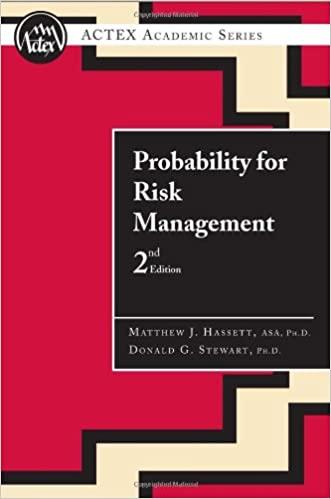Required lump sum payment Starting next year, you will need $15,000 annually for 4 years to complete your education. (One year from today you will
Required lump sum payment
Starting next year, you will need $15,000 annually for 4 years to complete your education. (One year from today you will withdraw the first $15,000.) Your uncle deposits an amount today in a bank paying 7% annual interest, which will provide the needed $15,000 payments.
a. How large must the deposit be? Round your answer to the nearest cent. $
b. How much will be in the account immediately after you make the first withdrawal? Round your answer to the nearest cent. $
Reaching a financial goal
Six years from today you need $10,000. You plan to deposit $1,500 annually, with the first payment to be made a year from today, in an account that pays a 6% effective annual rate. Your last deposit, which will occur at the end of Year 6, will be for less than $1,500 if less is needed to reach $10,000 in 6 years. How large will your last payment be? Round your answer to the nearest cent.
FV of uneven cash flow
You want to buy a house within 3 years, and you are currently saving for the down payment. You plan to save $10,000 at the end of the first year, and you anticipate that your annual savings will increase by 5% annually thereafter. Your expected annual return is 4%. How much would you have for a down payment at the end of Year 3? Round your answer to two decimal places.
Building credit cost into prices
Your firm sells for cash only; but it is thinking of offering credit, allowing customers 90 days to pay. Customers understand the time value of money, so they would all wait and pay on the 90th day. To carry these receivables, you would have to borrow funds from your bank at a nominal 7%, daily compounding based on a 360-day year. You want to increase your base prices by exactly enough to offset your bank interest cost. To the closest whole percentage point, by how much should you raise your product prices?
Nominal interest rate and extending credit
As a jewelry store manager, you want to offer credit, with interest on outstanding balances paid monthly. To carry receivables, you must borrow funds from your bank at a nominal 10%, monthly compounding. To offset your overhead, you want to charge your customers an EAR (or EFF%) that is 3% more than the bank is charging you. What APR rate should you charge your customers? Round your answer to two decimal places.
%
Step by Step Solution
There are 3 Steps involved in it
Step: 1

See step-by-step solutions with expert insights and AI powered tools for academic success
Step: 2

Step: 3

Ace Your Homework with AI
Get the answers you need in no time with our AI-driven, step-by-step assistance
Get Started


